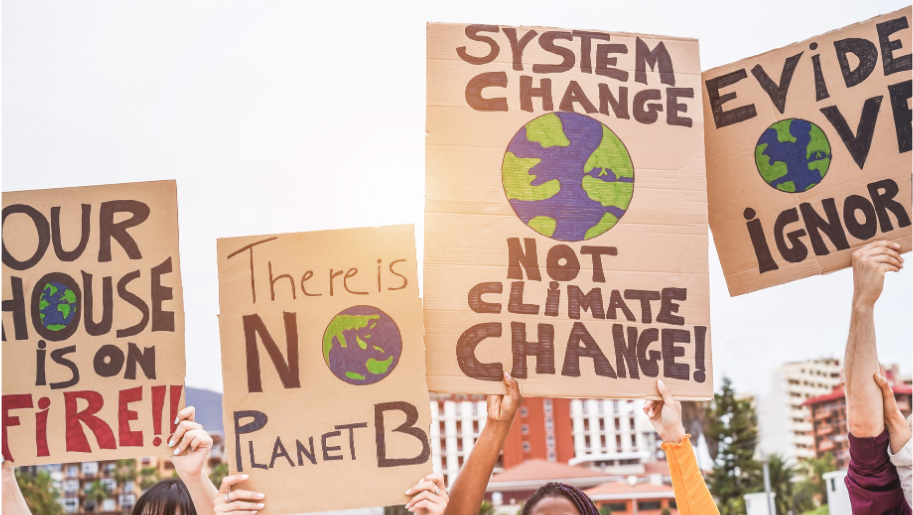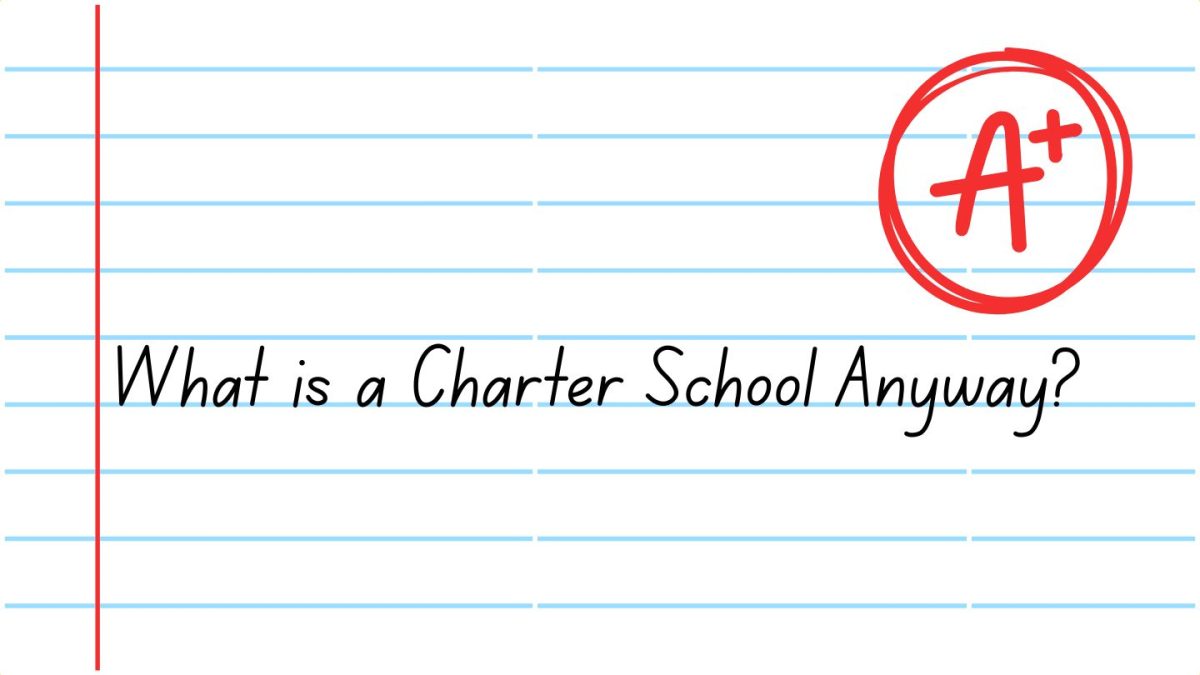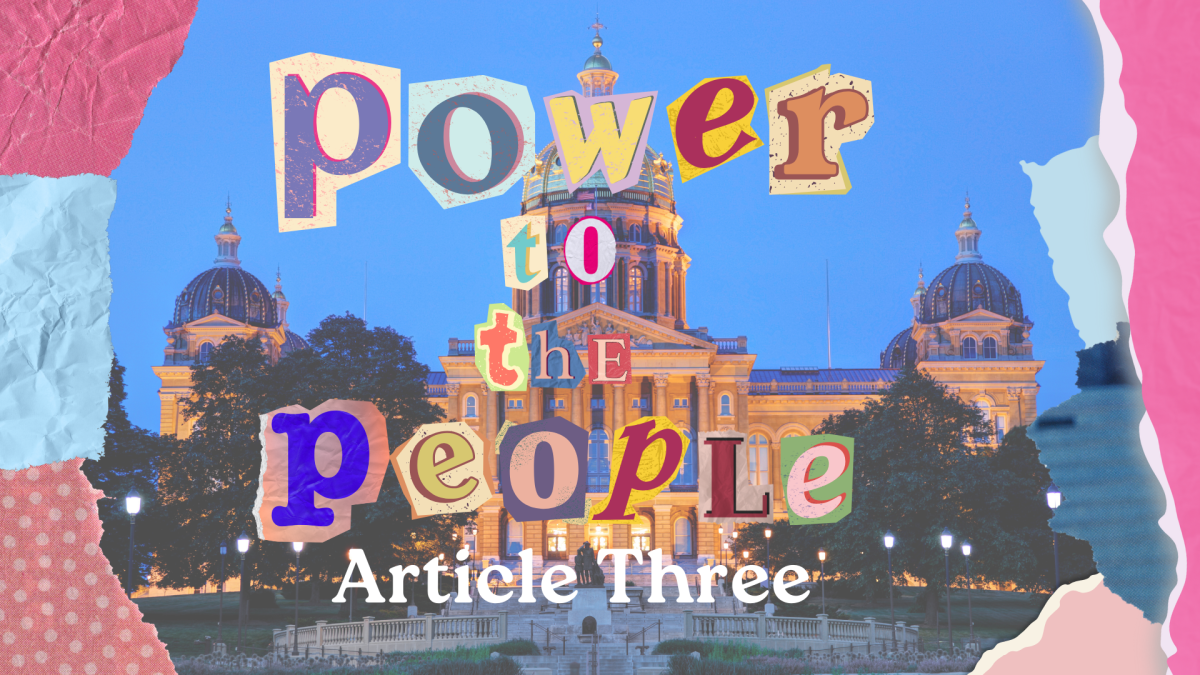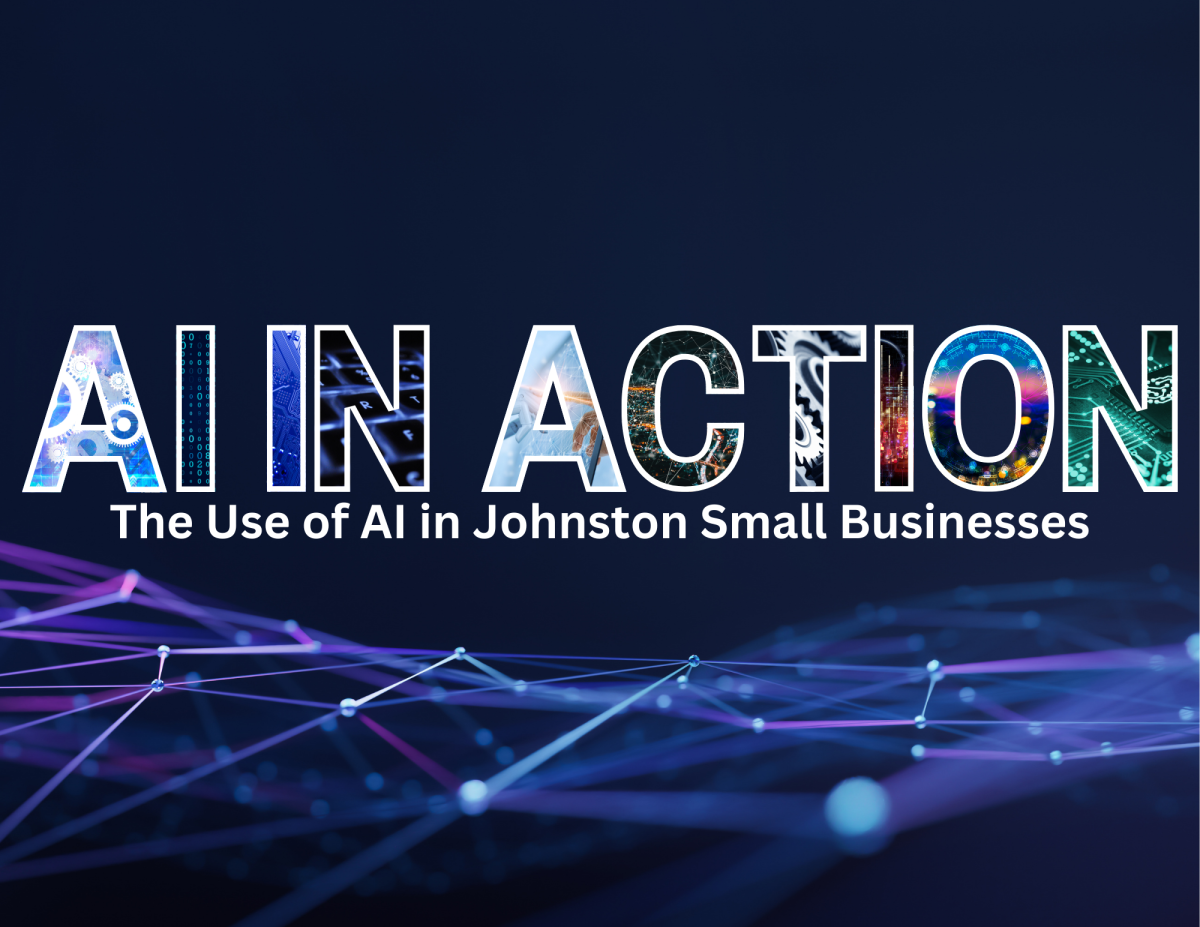The topic of climate change has been at the forefront of media, politics, and the minds of individuals for decades. Its increasing prevalence worldwide has allowed significant attention to be brought towards the matter, yet, the problem is only worsening.
JHS Biology in the Environment and AP Environmental Science teacher Noreen Nsereko has been teaching environmental science classes in some capacity for 17 years. Her passion for science and living sustainably extends beyond the classroom, as she constantly seeks ways to change her lifestyle to better the environment.
“We have a very resource-intensive lifestyle, myself included. Our homes are larger than many homes in the world, and to heat those in the winter, for instance, we rely on natural gas- the combustion of which releases carbon dioxide, a major driver of global climate change,” Nsereko said.
What is Climate Change?
According to the United Nations, the term “climate change” refers to long-term alterations in temperatures and weather patterns worldwide. One of the main effects of climate change is global warming. Since the nineteenth century, the average temperature of the earth’s surface has increased by nearly two degrees Fahrenheit. Within the next few decades, that number is predicted to reach three degrees Fahrenheit. This is highly problematic, because rising temperatures create a spiraling “domino effect”, resulting in other severe environmental consequences including intense droughts, rising sea levels, and flooding.
What Causes Climate Change?
While climate change is a fairly recent issue, human activity has been its driving force since the early nineteenth century. Common activities such as burning fossil fuels for heat and electricity, cutting down forests to create space for new developments, and farming livestock release greenhouse gasses into the atmosphere. Those gasses accumulate and form a sort of “blanket” that traps the sun’s heat in the atmosphere, and in turn, results in warmer global temperatures.
What are the Effects of Climate Change?
Visible effects of climate change are becoming more common throughout the world. Increases in the intensity and frequency of natural disasters such as hurricanes, floods, wildfires, and thunderstorms are wreaking havoc on communities geographically susceptible to said phenomena.
“We’re [here in Iowa] shielded more than coastal communities. We’ve seen the increase in the intensity and frequency of hurricanes that are affecting our coasts,” Nsereko said.
While Iowans are relatively shielded from the adverse effects of climate change, new problems could arise if global temperatures continue to increase.
“Overall, global average temperatures are increasing, so I think that’ll start to have an impact on us as a farm community in terms of changing [crop yields]”, Nsereko said.
It’s difficult to predict the potential effects of global warming resulting from climate change. Seemingly minor issues could begin a chain reaction that in turn, negatively affects the environment, economy, and basic ways of life.
“We depend on all of the natural resources to meet our needs in one way or another, so we’re all connected. If the climate changes, that has serious knock-on effects on the ability of nature to sustain us,” Nsereko said.
Why Should We Care About Climate Change?
The adverse effects of climate change greatly vary in severity. While some communities- such as Iowa – rarely experience first-hand effects of climate change, citizens of other nations are unable to live in the worsening conditions.
“Unfortunately, a lot of the impacts are disproportionately felt in the developing nations down in the equatorial regions- where people are dying as a result of climate change today,” Nsereko said.
Climate change-related deaths aren’t an issue exclusive to developing countries, however. NPR reports an estimate of over 1,300 deaths occurring in the United States annually due to heat alone, with natural disasters such as extreme flooding, wildfires, and hurricanes killing hundreds more.
How can we Fix Climate Change?
Human-caused contributors to global climate change are a double-edged sword- We as humans have the power to accelerate climate change and its effects, however, we also have the power to slow down the process and create a safer earth for not only ourselves but also the following generations.
“Sometimes it feels a bit overwhelming, and you think that, ‘what can I do because I’m just one person?,” Nsereko said. “No one person can do everything, but everyone can do something.”
While climate change cannot be completely resolved by the actions of individuals, small changes to one’s lifestyle can make improvements on a smaller scale in local communities.
“Things that we as a community could think about are the cars we choose to buy, where we choose to drive- could we carpool? Do we need to idle in the parking lot before school in the morning? Do we need to eat as much meat as we do? Small changes add up,” Nsereko said.
To promote sustainability throughout the community, the JHS Science and Sustainability (SUS) Club completes various crafts and projects to encourage people to explore ways that they can live more sustainably.
“Even if you do one small thing a day, it’s okay. Like; being mindful of your waste one day, different things like that. It doesn’t have to be a huge lifestyle change,” SUS Club Co-President Edie Musgrave ‘25 said. “you don’t have to like, become vegan and never use your car again, just being mindful of the impact you do have. I think just wanting to be sustainable goes a long way.”
Small lifestyle changes can go a long way not only in reducing individual consumption, but also by creating awareness of reducing lifestyle choices that harm the earth.
“I think it’s really important for people our age to be involved and know about [climate change] because in the next 25 years is when we have to deal with this problem. In the next 25 years, we are the voters, we are the legislators, we are the people who are gonna have to make the change,” Musgrave said. “We’re the people who have to deal with [climate change] in the future, so I think it’s important that we know we can make a change, and that we’re aware of that.









Adolf • Jan 15, 2025 at 11:12 am
Climate change is the climate changing